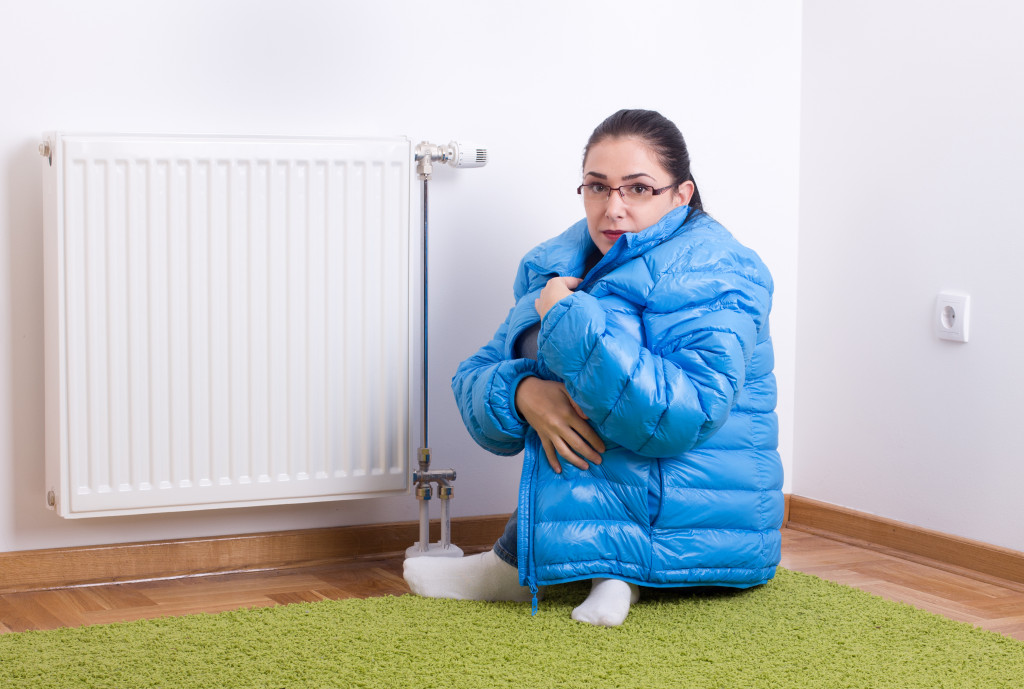It is a long-standing myth that cold weather makes you sick. During winter, people typically experience a runny nose, sore throat, fever, and malaise — the common symptoms associated with the flu. However, you cannot get the flu just because it is cold outside; you get it because you have been exposed to and infected with a virus.
Every year, as soon as fall arrives, cases of flu increase. The flu season in the United States begins around September, peaks by December and January, and may last until May. It is easy to make the mistake that the flu is caused by the cold weather.
However, vaccination can help prevent the flu even if it is raining or snowing outside. There is one thing that people should be wary of during this period of coldness: hypothermia.
The Dangers of Indoor Hypothermia
Hypothermia is often associated with being left in the cold outside while wearing the wrong type of clothing. In movies and television shows, you see it happen to those who slip into and become submerged in icy rivers and lakes.
However, the condition may also occur indoors.
Hypothermia is the dangerous drop of the body’s core temperature, usually because of prolonged exposure to cold. While it is most often associated with extreme cold, there is no exact temperature identified that can lead to hypothermia. Moreover, if the conditions are right, it can happen at room temperature, too.
Hypothermia is fatal. Those who experience it should immediately seek medical attention. To prevent it, one must know who is most at risk of hypothermia and what they can do to make sure that it never happens to them or their loved ones.
The Elderly
Seniors are most at risk of hypothermia indoors. Their bodies lose the ability to quickly adapt to the conditions of the environment with age and, therefore, the quick drop in temperature can lead to feeling chilly.
They also are most vulnerable to falls. A scenario wherein a person falls and is unable to get up is not uncommon. When it happens, they are subjected to the cold of the floor. If they lie there for hours, they might start to experience hypothermia.
It is important to keep the elderly warm in their home at all times. There should be adequate insulation throughout the house to ensure that they would not lose body heat when it is cold outside. Have professional spray foam installers inspect and improve insulation in your elderly loved one’s home to keep them safe.
Moreover, figure out ways to minimize falls as much as possible. Remove any item on walkways that may cause them to trip and tumble on the floor. Either switch the carpeting with one that has grip and, therefore, would not slip or get rid of it altogether.
Young Children

On the opposite end of the spectrum are young children. They lose body heat at a much faster rate than adults do, making them at risk of experiencing hypothermia.
Moreover, they are less aware of their bodies. They do not recognize easily when they are experiencing symptoms, especially when they are engaged in a particularly high-energy activity. It is up to parents to check that the windows are closed before bed to stop the room from dropping temperature in the middle of the night. Adults are also responsible for making sure that the thermostat is at an ideal temperature for optimal sleep and to prevent young children from freezing.
Certain Medical Conditions
People who live with certain medical conditions such as hypothyroidism and high blood pressure are also susceptible to the cold.
Hypothyroidism, in particular, influences how much the blood vessels dilate, affecting how much heat leaves the body. As a result, people who have the condition become more sensitive to changes in environmental temperature.
In addition, medication can also interfere with the body’s capacity to regulate core temperature. Antidepressants are one of those that can inhibit your body from adapting to the cold, regardless of age.
In such cases, being aware can save your life. Know the common risks and symptoms associated with your illness. Moreover, read up on the potential side effects of the medication you take.
You can prevent hypothermia by observing and monitoring your own body, especially after taking your medicine. Moreover, make sure to stay hydrated throughout the day.
Symptoms of hypothermia include shivering, dizziness, confusion, exhaustion, and decreased mental capacity. As soon as you notice these signs, go to the emergency room to have yourself and your loved ones checked and treated for hypothermia.

